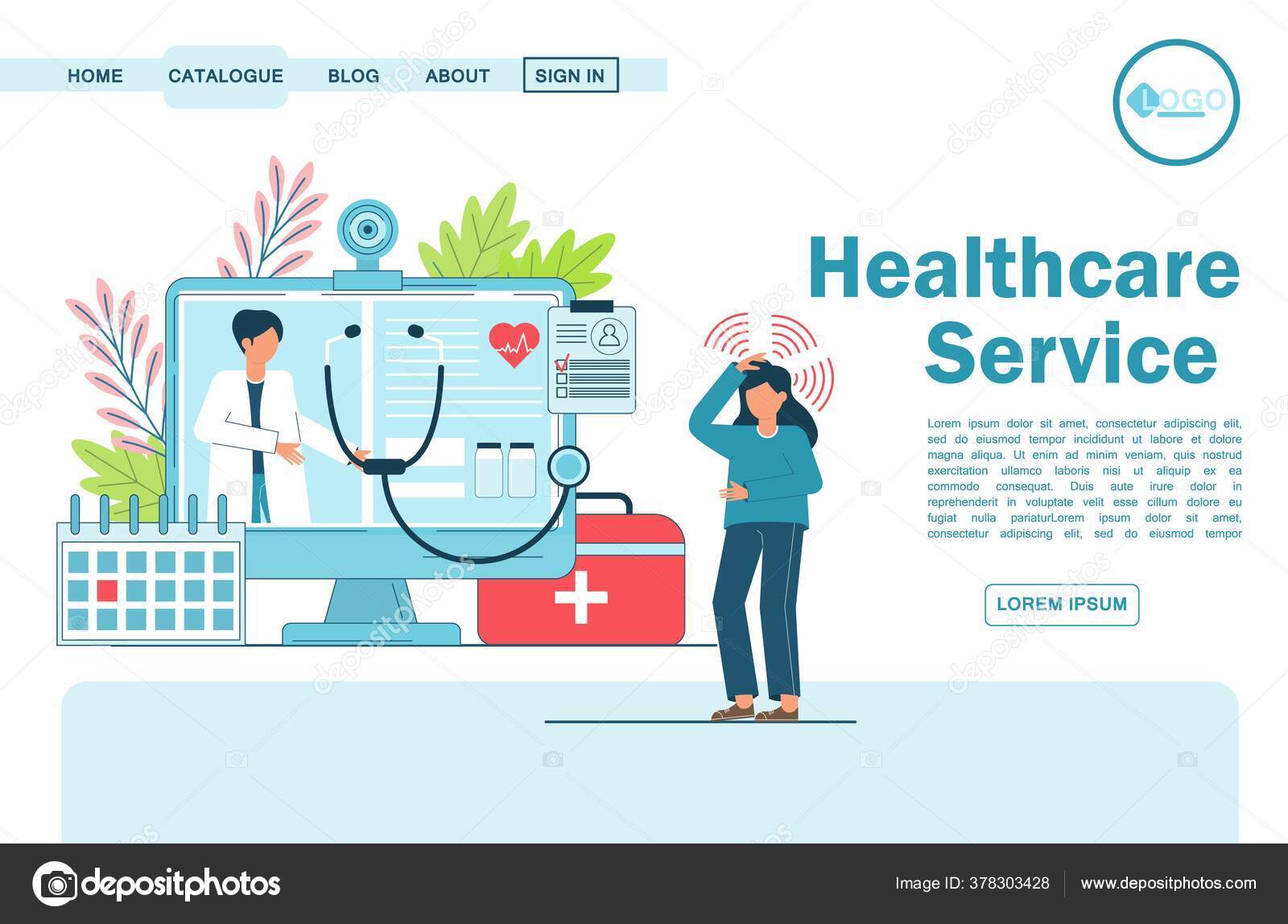The Influence of Subscription Based Healthcare on Conventional Clinical Practices
The Influence of Subscription Based Healthcare on Conventional Clinical Practices
Blog Article
The Surge of Subscription-Based Healthcare and Its Effect On Individual Care
As medical care advances, the subscription-based model is acquiring traction, promising to reinvent patient treatment by using predictability and accessibility. The capacity for these designs to improve medical care shipment raises pressing inquiries concerning their long-lasting sustainability and inclusivity. Are these registration solutions the future of medical care, or do they run the risk of leaving at risk populaces behind?
Understanding Subscription Healthcare Designs
Comprehending the concept of registration healthcare designs involves examining a transformative approach to clinical solutions that highlights price and accessibility. These versions, typically described as straight medical care (DPC) or attendant medication, have actually arised as cutting-edge choices to traditional fee-for-service healthcare systems. Membership health care allows clients to pay a set monthly or annual cost for a specified collection of medical services, which may consist of unrestricted workplace visits, routine examinations, and basic lab examinations, without the need for conventional insurance billing.
The structure of registration health care versions is made to streamline person treatment by eliminating third-party payers and complicated payment codes, thus minimizing administrative concerns. Doctor can concentrate extra on patient care, promoting stronger patient-provider partnerships. This version likewise promotes preventative treatment by motivating routine brows through, as the financial obstacle of per-visit fees is gotten rid of.
The subscription design commonly encourages healthcare service providers to manage smaller person panels, enabling for even more personalized care. It straightens financial motivations with patient wellness results, as service providers are encouraged to maintain individual satisfaction and health. On the whole, understanding registration health care models calls for identifying their possible to reshape exactly how care is provided and accessed.
Benefits for Companies and patients

For service providers, subscription-based designs offer the chance to strengthen patient-provider connections. With a consistent earnings stream, medical care professionals can dedicate more time to each individual, leading to a much more comprehensive and tailored treatment experience. This model additionally reduces dependence over client volumes, alleviating exhaustion and boosting job satisfaction. The focus on preventive treatment within membership plans can lead to better person end results and lowered long-term health care prices. By concentrating on constant care, companies can attend to concerns prior to they rise, eventually benefiting the healthcare system overall by lowering the burden on emergency situation and intense treatment solutions.
Difficulties and Problems
While subscription-based health care designs existing various advantages, they likewise come with a collection of difficulties and concerns that need to be attended to. This raises honest questions regarding equitable accessibility to health care services.
Financial sustainability of subscription-based versions is another problem. Providers have to balance the set earnings from subscriptions with the variable expenses of medical care services, which might rise and fall as a result of unforeseen clinical needs. This can create stress to limit solutions or increase charges, potentially influencing client contentment and care top quality.
Additionally, regulative oversight of subscription-based health care designs is still developing. Dealing with these difficulties is important for the successful and fair application of subscription-based healthcare.
Effect On Patient-Doctor Relationships
One considerable effect of subscription-based health care models on patient-doctor connections is the potential for boosted connection and individualized treatment. By embracing a registration model, physicians can handle a smaller sized person panel, enabling more dedicated time with each person. This boosted accessibility fosters a deeper understanding of a patient's case history, way of life, and preferences, making it possible for more customized therapy plans and treatments.

However, it is essential to identify that while subscription-based versions may benefit those that can afford them, they can inadvertently widen medical care variations. Patients who are incapable to join these designs might experience decreased access to personalized treatment, potentially affecting their relationships with medical care service providers. Thus, while the registration model offers appealing advantages for patient-doctor relationships, it also presents difficulties that need to be addressed to make sure fair healthcare accessibility.
Future of Healthcare Accessibility

The function of technology can not be overlooked in this transformation. Telemedicine systems and electronic health and wellness documents facilitate smooth interaction between clients and doctor, damaging down logistical and geographical obstacles. Furthermore, innovations in expert system and data analytics can further individualize treatment by anticipating person demands and maximizing treatment plans.
Nonetheless, the future of health care accessibility likewise provides challenges, such as ensuring equity across different socio-economic teams. Policymakers and doctor need to work together Clicking Here to connect the digital divide, making sure that subscription-based models continue to be inexpensive and comprehensive. As these systems mature, they hold the assurance of making healthcare more available, effective, and patient-centric.
Conclusion
Subscription-based medical care models are reshaping client treatment by offering a steady price structure and enhancing availability. These designs enhance patient-provider partnerships via personalized treatment and normal visits, stressing preventative health. Regardless of these benefits, obstacles such as availability problems for low-income populations and the requirement for equitable healthcare services continue. The increase of subscription-based health care urges proactive person involvement, which has the possible to boost patient end results and complete satisfaction, signifying a transformative shift in medical care shipment.
As healthcare develops, the subscription-based version is obtaining traction, assuring to reinvent patient treatment by providing predictability and access.Subscription-based healthcare versions supply distinctive advantages for both click here now people and service providers, enhancing the overall medical care experience.As medical care systems progress, the future of medical care access regularly pivots on the integration of cutting-edge models and modern technologies.Subscription-based healthcare models are reshaping individual treatment by giving a stable price framework and improving accessibility. The increase of subscription-based healthcare urges aggressive individual interaction, which has the possible to boost person results and contentment, signaling a transformative shift in health care shipment.
Report this page